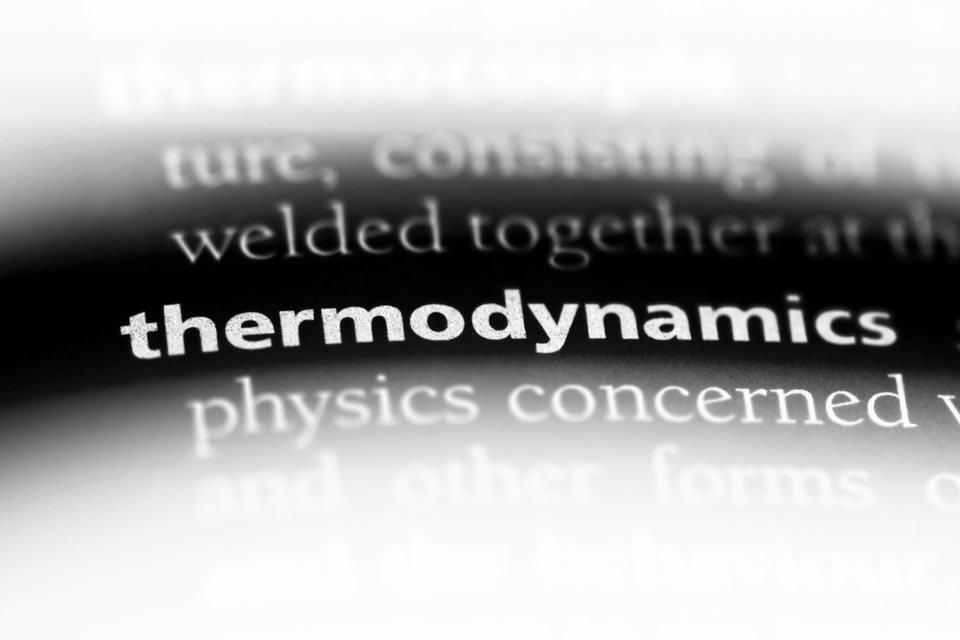We observe the principles of thermodynamics every day.
Left at room temperature, hot coffee can only get colder, whereas a cold beer can only get warmer. As two open natural systems, both the coffee and the beer can’t help but seek thermodynamic equilibrium — this is the second law of thermodynamics at work.
The second principle of thermodynamics states that entropy in an isolated system inevitably and irreversibly increases over time. Or in simpler words, heat can only transfer from hot to cold systems.
First formulated by Thompson in 1852, this law also applies to the Universe that is gravitating towards an equilibrium where heat is uniformly distributed across the cosmos. But because it’s expanding, the Universe might never reach thermodynamic equilibrium, or it could end in a “Heat Death”, when its entropy reaches its maximum.
From systems as insignificant as a cup of coffee, to our body, to the Universe at large, the second law of thermodynamics rules everything.
Life itself could be considered as a manifestation of the second law of thermodynamics, so it’s important to understand how this principle works — and how it doesn’t.
A team of Swiss researchers has built a device that at first glance seems to be violating the second law of thermodynamics.
Magic Cooling Device: Turning Boiling Water to Ice, no Energy Needed
Physicists at the University of Zurich (UZH) have found a way to go beyond the limitations imposed by the second law of thermodynamics.
They built an “amazingly simple” cooling device that overcomes constraints put on the direction of heat energy transfer allowing “heat to flow temporarily from a cold to a warm object.”
The experimental device can turn boiling water to ice without the need for an external power supply.
Professor Andreas Schilling’s research group from the Department of Physics at UZH used their device to bring the temperature of a piece of copper from over 100°C to significantly below room temperature, all with no energy consumption from an external source.
The team used Peltier elements that transform electric currents into temperature differences.
For the cooling of beverages, some hotel rooms are equipped with minibars that use Peltier-type appliances, or thermoelectric refrigeration, instead of absorption refrigerators with high power consumption and heat loss.
Read More: Meet The Quantum Fridge That Won’t Cool Your Beer
Schilling’s team previously used Peltier elements in experiments:
“In connection with an electric inductor, to create an oscillating heat current in which the flow of heat between two bodies perpetually changed direction. In this scenario, heat also temporarily flows from a colder to a warmer object so that the colder object is cooled down further.”
Still, researchers say the device is technically in accordance with the second law of thermodynamics.
“With this very simple technology, large amounts of hot solid, liquid or gaseous materials could be cooled to well below room temperature without any energy consumption,” said Prof. Schilling.
However, Schilling admitted that the Peltier elements currently available in the market aren’t efficient enough for the large-scale application of this technology.



















Comments (0)
Least Recent